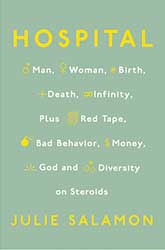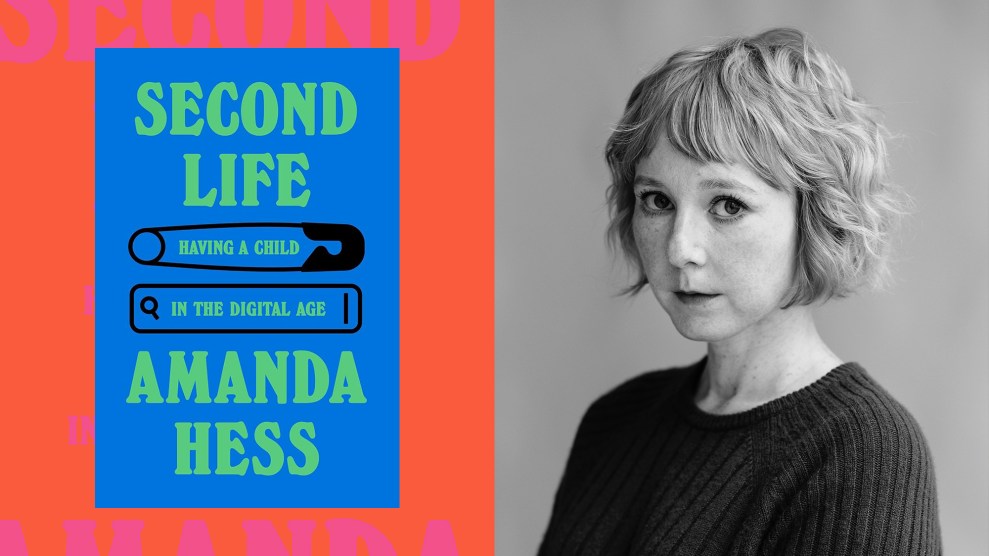
Maimonides Medical Center in Brooklyn seems to be in a constant state of chaos. Patients from across New York crowd the lobby at all hours, speaking dozens of languages. Administrators try to bring in as many paying patients as they can and then rush to discharge them as quickly as possible. (“It’s all about turnover,” one doctor admits.) Nurses struggle to find free beds. Egos clash over how to run a new multimillion-dollar cancer center. Doctors burn out from the frenetic pace and get sloppy, often forgetting to wash their hands.
Journalist Julie Salamon spent a year at Maimonides, and her finely observed book captures how medical care is—and isn’t—delivered at a large urban hospital. Amid poignant vignettes of doctoring on the fly, Salamon analyzes the “market ethos” that prevails even at a nonprofit hospital like Maimonides. The doctors she meets spend as much time haggling over reimbursements as they do delivering care. Efficiency—getting patients out the door, rather than letting them fully recover—is prized above all. As one administrator sums up the system, “You treat a patient for pneumonia, and they go home and have a horrible course. They get readmitted, but the patients survive, so the mortality figures don’t look that bad.”
Yet Hospital explores only some of the pressures that our fragmented health care system places on urban hospitals. New York City medical centers are pursuing ways to dissuade the swelling ranks of the uninsured from showing up at their doorsteps; the Wall Street Journal has reported that financial strains are forcing hospitals to ration care. Salamon barely touches on these topics. She seems to prefer the vantage point of the doc who tells her, “You have to focus on the individual patient. You get involved with these larger social issues, and you can’t.” That focus makes sense for an overworked physician—less so for a book on the health care system.
















